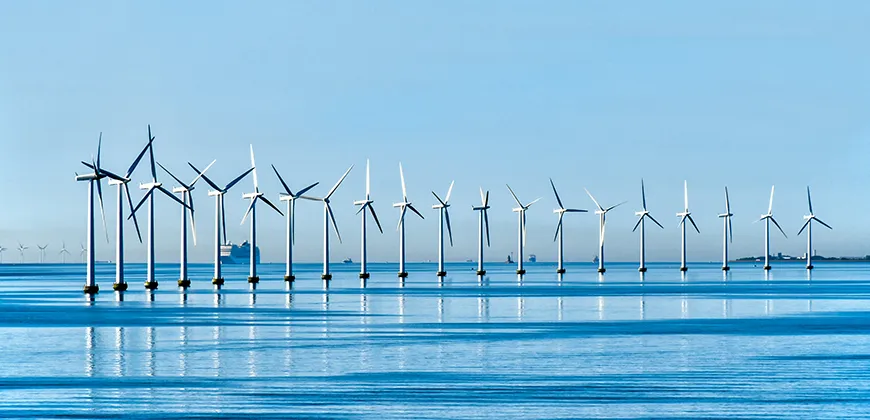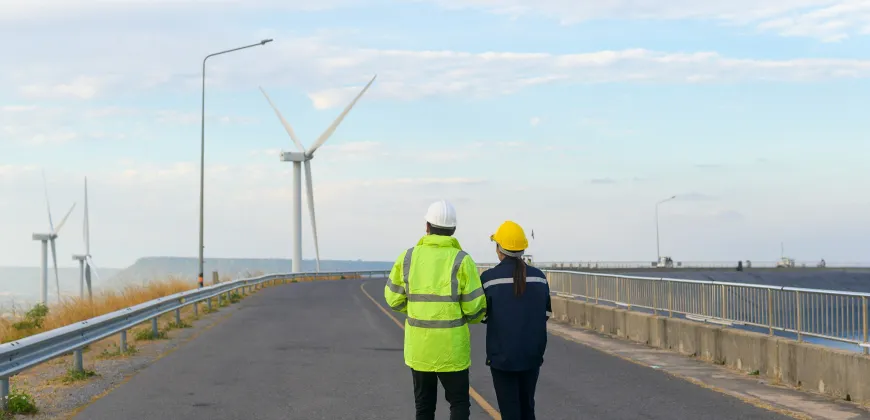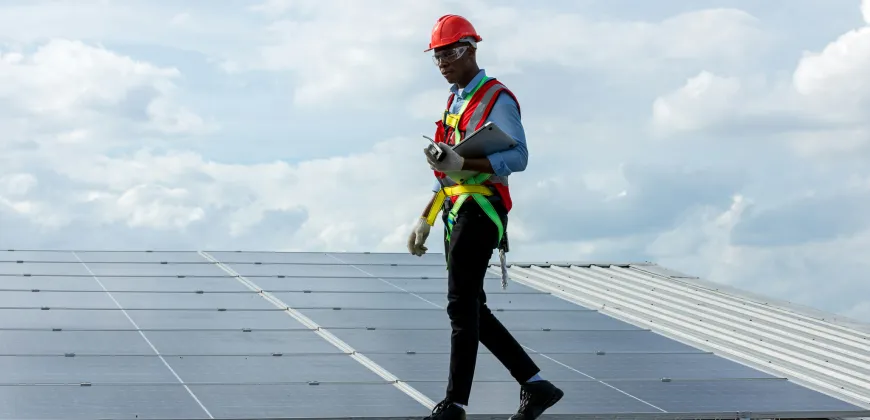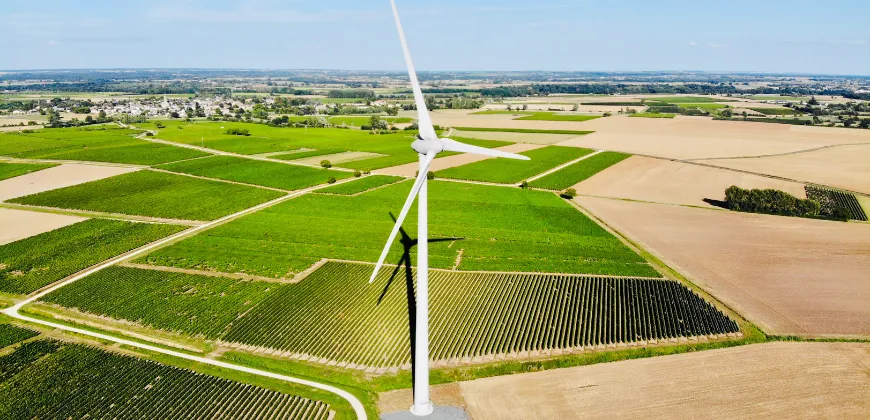A holistic perspective for energy-sector leaders

By Amanda Giang, Assistant Professor in the Institute for Resources, Environment and Sustainability and the Department of Mechanical Engineering, and instructor for the MEL in Clean Energy Engineering
As we find ourselves in the midst of the climate crisis – the drivers of which are linked to other global sustainability crises, including biodiversity loss, pollution and the current pandemic – there’s an urgent need for transformative change that acknowledges the interconnections between systems.
We see this in policy and planning discussions around the decarbonization of our energy sector that are now taking into account factors such as health, well-being and justice. Given the lifespan of engineering infrastructure, taking into account these long-lasting impacts of energy systems on our social well-being is critical. Our engineered systems are going to be around for decades.
The decisions we make today matter, and there’s a growing recognition that we need to take a holistic view when assessing impacts.
My own research explores this area. In my policy analysis work, my research group is developing decision support tools to help people think more comprehensively about the range of impacts related to energy systems and energy transition. Many project assessment screening tools take into consideration environmental impact and cost. But what if we want to include concepts like equity? How would we do that? And how can we ensure that a wide range of perspectives are included in such analysis? The tools I develop help decision-makers to think about these issues so that they can analyze where there are the inevitable trade-offs between competing goals and where there are synergies. These tools can also help organizations understand the impacts of decisions on areas such as organizational practice and strategy.
The MEL in Clean Energy Engineering educates future leaders in the energy sector and provides a pathway for professionals who want to make a difference in their careers in industry, government or the non-profit sector.
Students gain up-to-date knowledge about the technology aspects of clean energy systems, from generation through transmission and distribution to energy management. The program rounds out this technical education with courses on energy policy, entrepreneurship, business and leadership. Our world needs energy leaders who understand the scope of the climate emergency and can develop strategies to accelerate the transition to a cleaner energy future.
Our students come to the program with several years of professional experience. The MEL gives them the vocabulary and analytic tools to integrate their experience and technical expertise with an awareness of sustainability issues so that they can contribute to the transformative changes we need to address the climate emergency.






